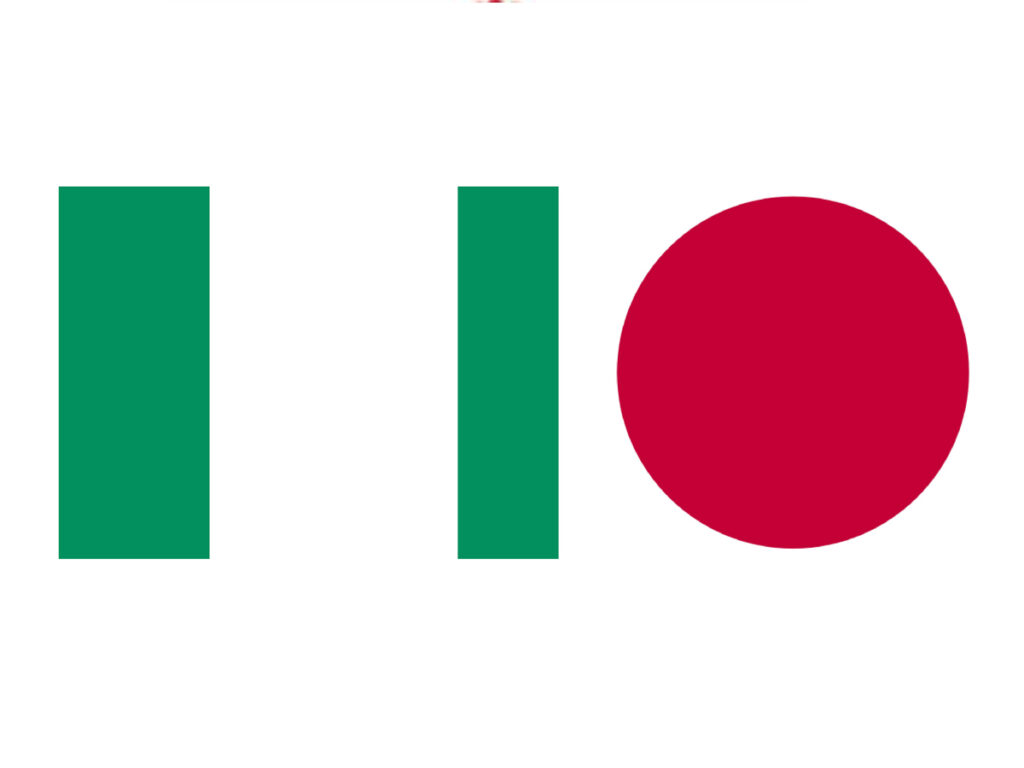In a landmark step to deepen cultural and economic ties, the government of Japan has designated the city of Kisarazu in Chiba Prefecture as the official hometown for Nigerians seeking to live and work in the country.
The initiative, unveiled on the sidelines of the 9th Tokyo International Conference on African Development (TICAD9), introduces a special visa category for highly skilled Nigerians, innovative youth, and artisans willing to upskill and contribute to Japan’s industrial and service sectors.
At a formal ceremony facilitated by the Japan International Cooperation Agency (JICA), Nigeria’s Chargé d’Affaires and Acting Ambassador to Japan, Mrs Florence Akinyemi Adeseke, and the Mayor of Kisarazu, Yoshikuni Watanabe, jointly received the certificate formally designating the city as Nigeria’s hometown in Japan.
Similar arrangements were announced for three other African countries: Nagai in Yamagata Prefecture as the hometown for Tanzanians, Sanjo in Niigata Prefecture for Ghanaians, and Imabari in Ehime Prefecture for Mozambicans.
Officials said the initiative aims to strengthen people-to-people relations, drive manpower development, and support regional revitalisation efforts in participating Japanese cities.
Kisarazu already shares a bond with Nigeria, having hosted the country’s Olympic team during the delayed Tokyo 2020 Games, where athletes trained and acclimatised before moving to the Olympic Village.
Japanese Prime Minister Shigeru Ishiba used the opening session of TICAD9 to announce $5.5 billion in new investment for Africa, stressing Japan’s priorities of private sector-led sustainable growth, youth and women empowerment, and regional integration.
“Japan is providing various cooperation and support for Africa. But, first of all, Japan needs to know more about Africa. So, in creating solutions together, this co-creation at TICAD9 focuses on three important areas: private sector-led sustainable growth, youth and women, and regional integration and connectivity within and beyond Africa,” Ishiba said.
The Prime Minister also tied the partnership to Japan’s domestic challenges, including its ageing population and shrinking agricultural land, urging African nations to collaborate in addressing these issues while strengthening bilateral and continental cooperation.
The designation of Kisarazu as Nigeria’s official hometown in Japan did not emerge overnight. In October 2024, Nigeria’s Vice President Kashim Shettima pledged closer collaboration with Japan in areas such as food security, infrastructure development, and healthcare, during high-level meetings with Japanese diplomats and JICA officials.
By April 2025, Japan deepened its footprint in Nigeria’s innovation ecosystem with a $30 million JICA-backed grant to establish startup hubs in Abuja. Additional grant-aid projects were signed to bolster entrepreneurship and youth empowerment under Japan’s Official Development Assistance framework.
In the days leading to TICAD9, JICA disclosed plans to match African nations with Japanese regional cities, previewing Kisarazu’s selection for Nigeria alongside other pairings. Nigerian officials also emphasised the country’s determination to leverage TICAD9 to boost trade, technology transfer, and investments, targeting over $1 billion in fresh Japanese partnerships.
With the official designation now sealed, Nigeria and Japan are set to embark on a new chapter of cooperation, one anchored not only in trade and diplomacy but also in cultural exchange, workforce development, and shared prosperity.




